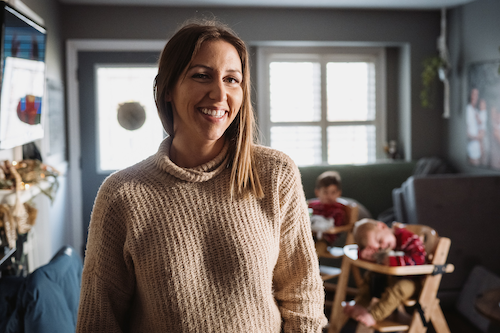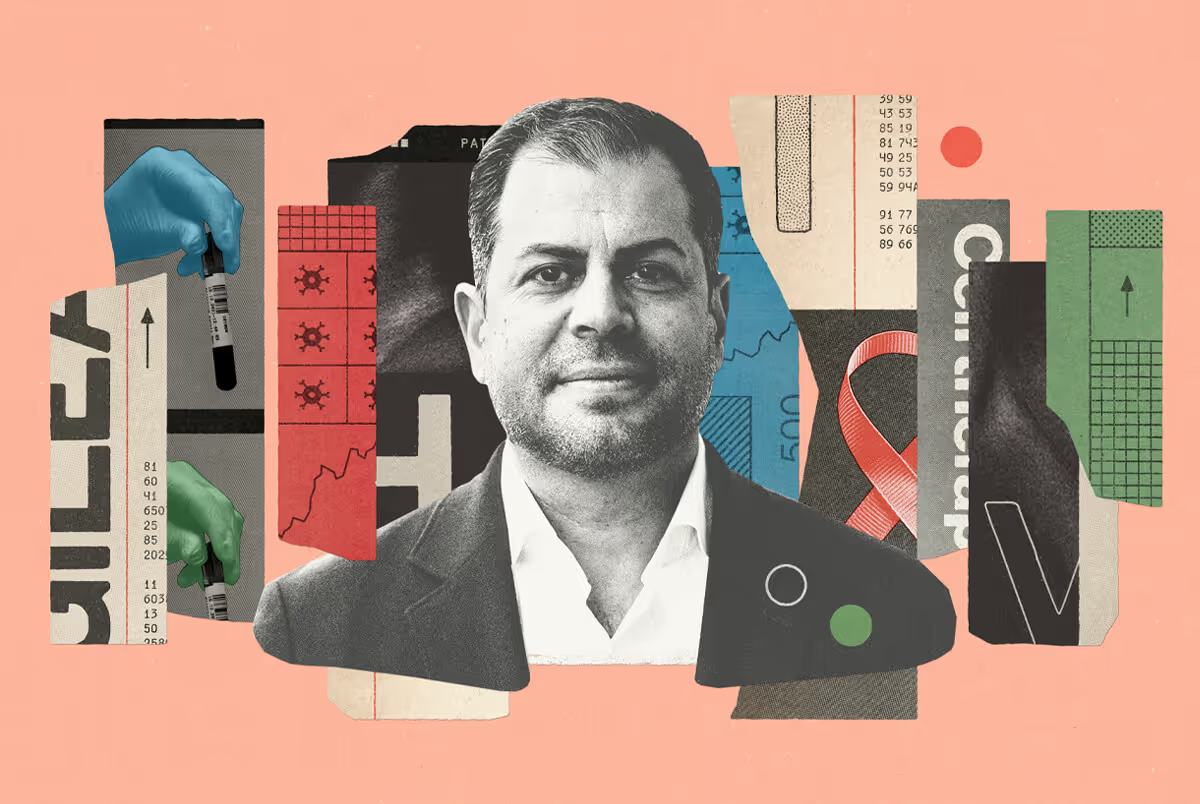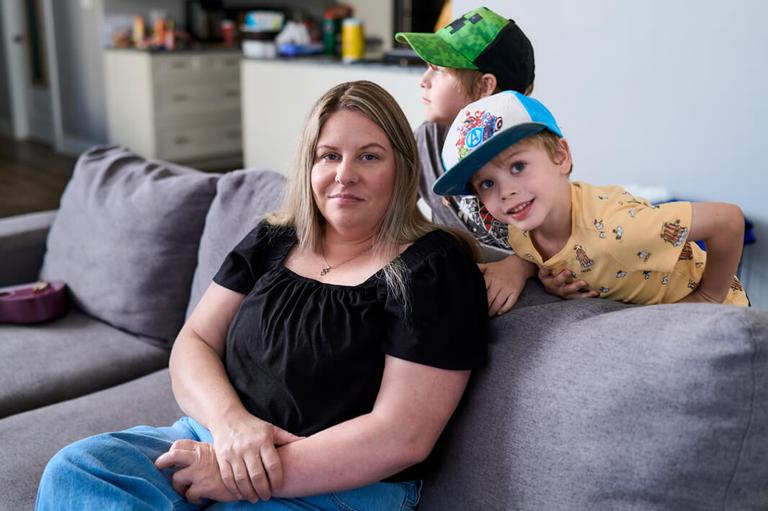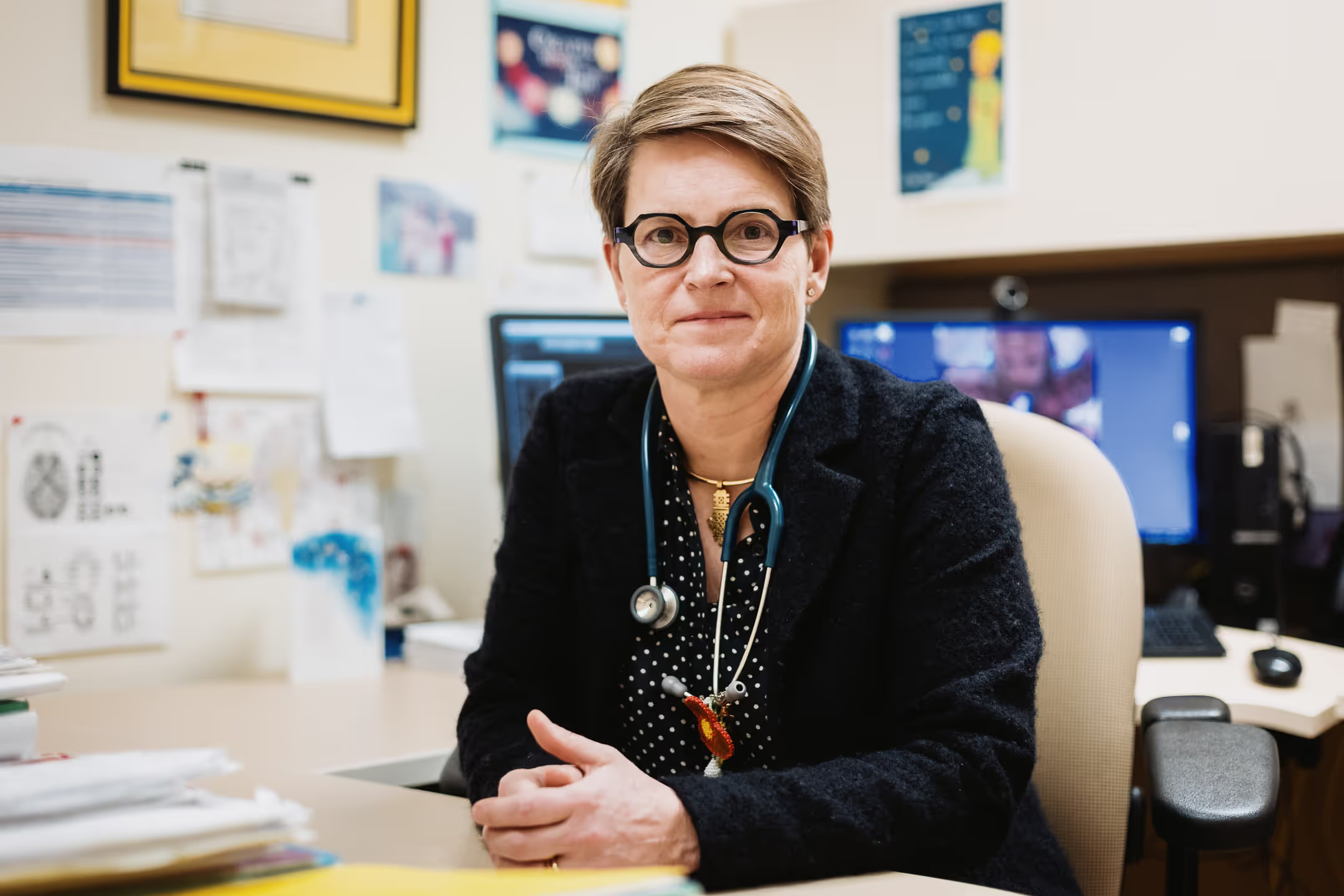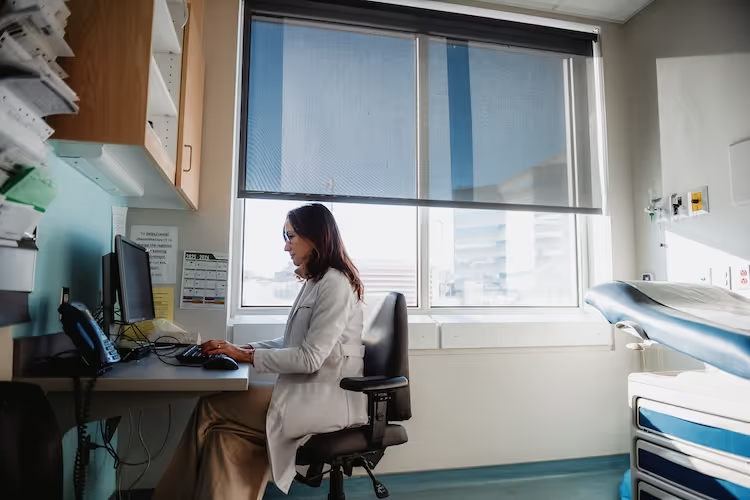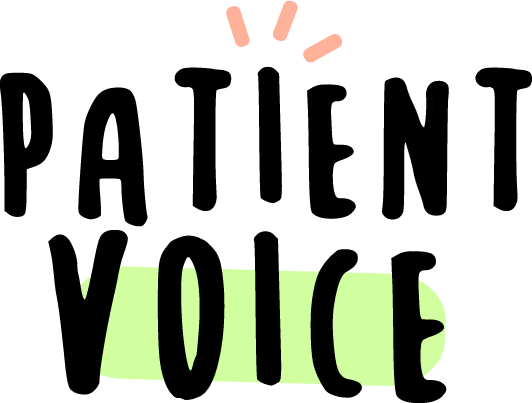“It was a joke when I was a kid that my second home was the hospital. My hands would swell up to the size of a baseball. I had holes in my eardrums. I would vomit all the time. There were a million other things wrong with my health. When I was 11 years old, I got pneumonia in the middle of the summer. I was in the hospital and my lungs were so full of fluid they thought I wasn’t going to make it, but still no one knew what was causing me to be so sick all the time.
Half the time, talking to doctors, it was: ‘We can’t figure out what’s wrong with you.’
The other half of the time, it was: ‘There’s nothing wrong with you.’
“So many people with chronic illnesses have trouble getting accommodation and end up trapped on disability with no money. I was very lucky. I worked at a pizza shop during university and the owner actually had Crohn’s disease.”
I didn't get diagnosed with hereditary angioedema until I was 21. In the end, I became very distrusting of the health care system, but I was fortunate to have other people in my life who did have my back and did believe me. Being believed at work was a big one. So many people with chronic illnesses have trouble getting accommodation and end up trapped on disability with no money. I was very lucky. I worked at a pizza shop during university and the owner actually had Crohn’s disease. I went to work one day with a really swollen hand and I couldn’t even hold the drink tray. I was so nervous to tell anyone that I couldn’t work, but the owner took one look at my hand and was like, ‘Get in my truck.’
As he drove me home, he told me about how it took him 40 years to get diagnosed with Crohn’s and how no one believed he was as sick as he knew he was. ‘Anytime you need to call in sick,’ he told me, ‘just call and I’ll believe you.’ I have the same kind of situation at my current job, and I’m so thankful for it. It’s very rare, unfortunately.
This has helped me recognize that my own illness is an opportunity for me to help people, and that also helped me to feel like it was something I could accept. The more I started speaking out and speaking up, the more I realized that I wouldn’t be me without this disease.”
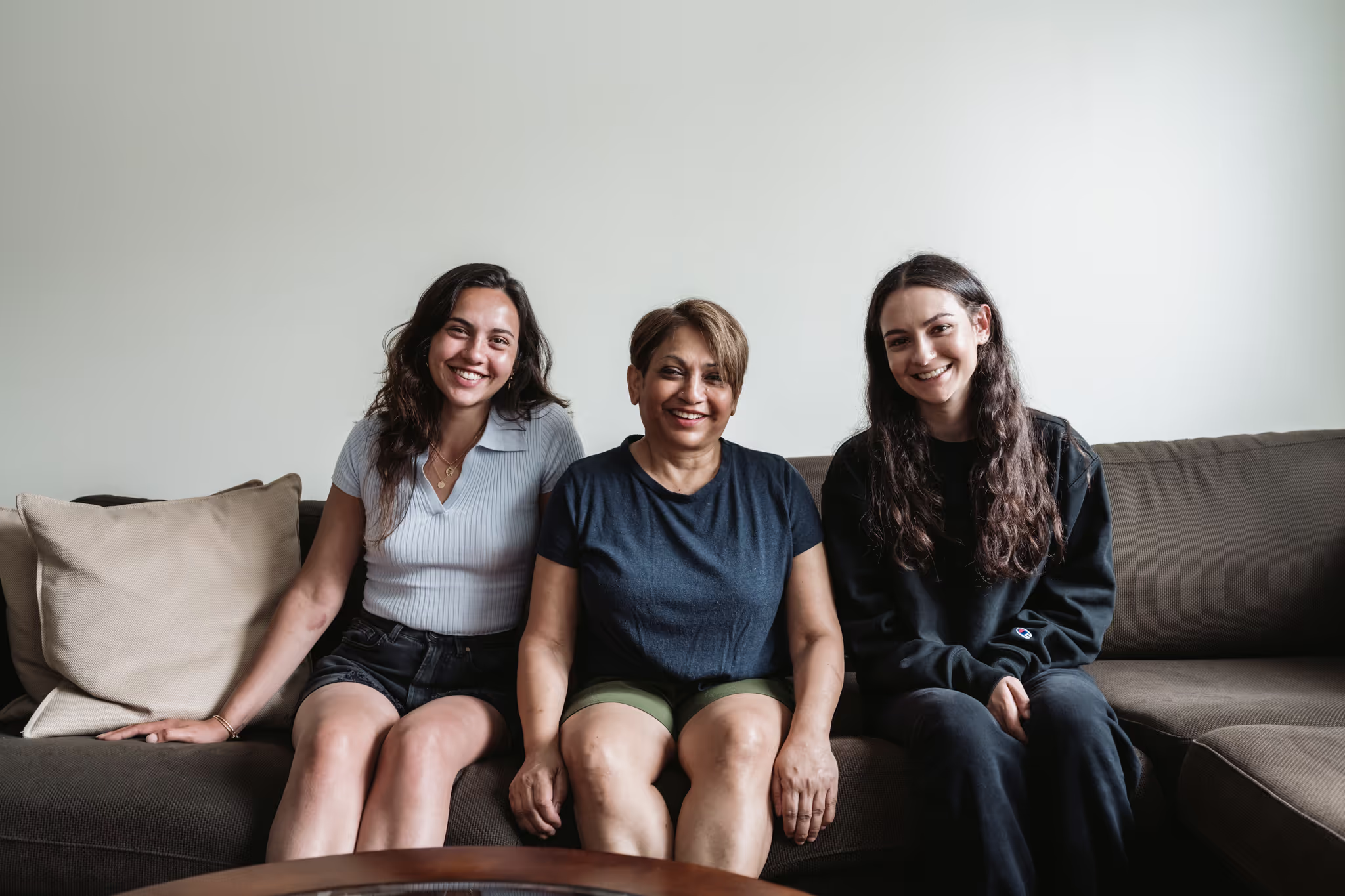
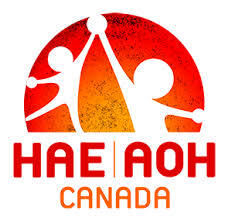
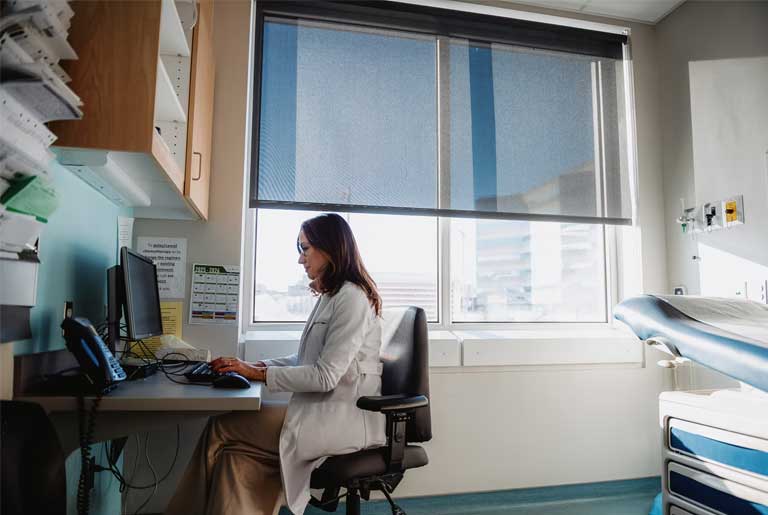
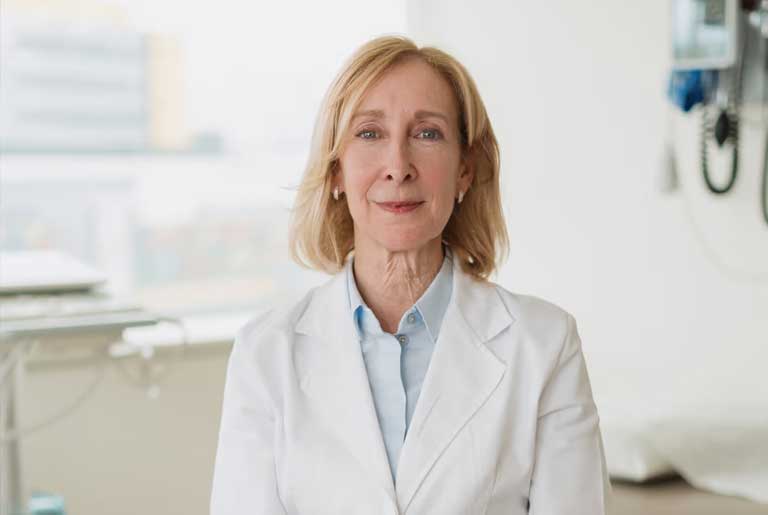
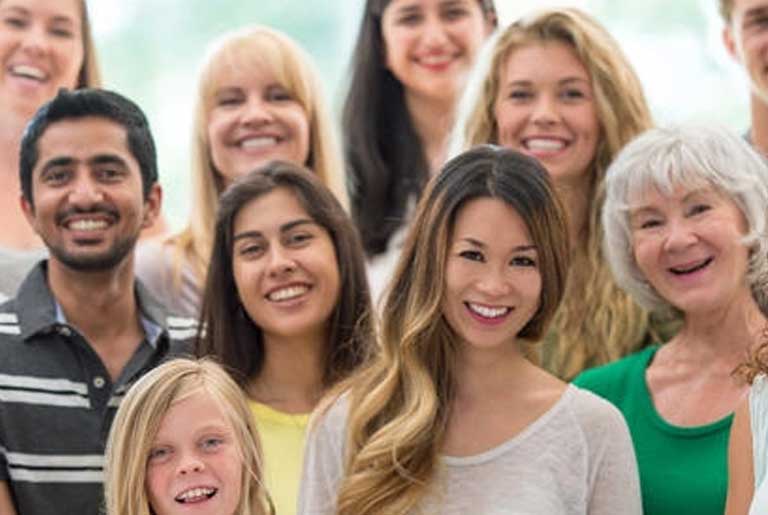
%20(1).jpg)
